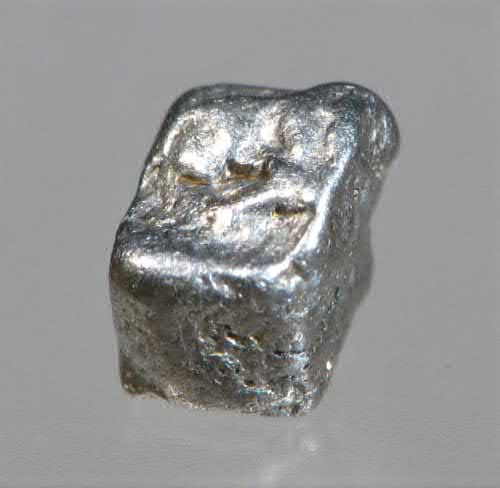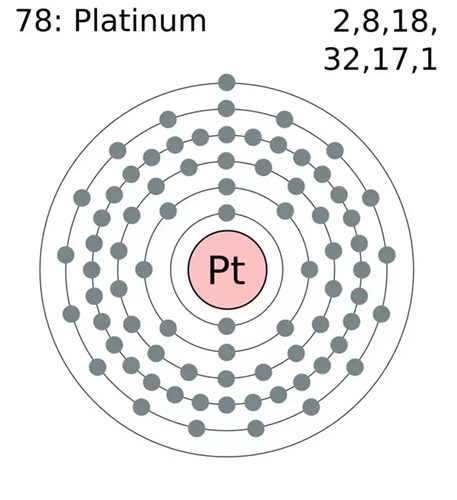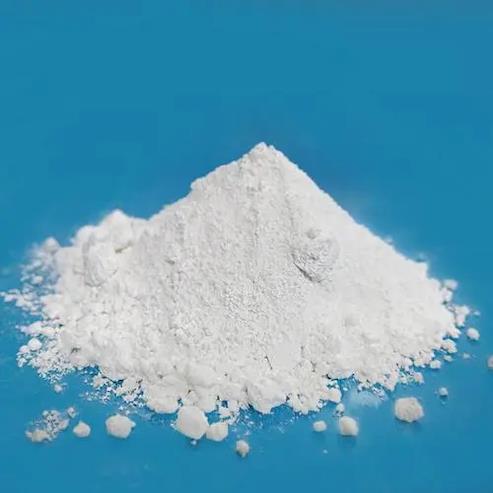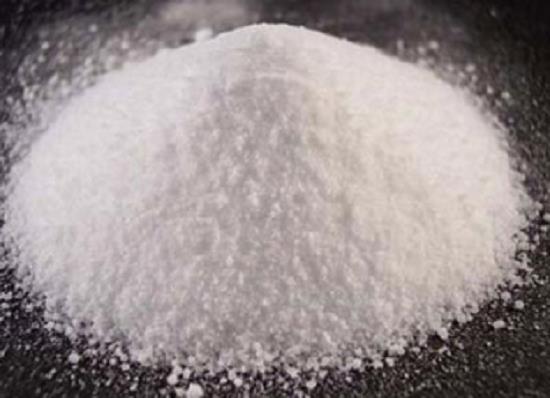Platinum-Based Chemotherapy: A Vital Tool in Cancer Treatment
![Article illustration]() General Description
General Description
Platinum-based chemotherapy drugs are a type of chemotherapy that uses platinum compounds to treat cancer. These drugs work by damaging the DNA in cancer cells, preventing them from replicating and causing the tumor to shrink. Examples of these drugs include cisplatin, carboplatin, and oxaliplatin. They are often used in combination with other chemotherapy drugs or as part of a larger treatment plan with radiation therapy or surgery. Cancer is a pervasive disease worldwide with millions of people being diagnosed each year. Platinum-based chemotherapy is one of the most commonly used types of chemotherapy in the world, with drugs like cisplatin and carboplatin being on the World Health Organization's List of Essential Medicines. They are particularly effective for treating testicular, ovarian, bladder, and lung cancers.
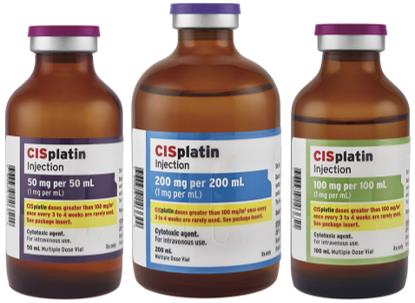
Figure 1. Properties of cisplatin
Types of cancers treated with platinum-based chemotherapy
Platinum-based chemotherapy drugs like cisplatin, carboplatin, and oxaliplatin are commonly used to treat a wide range of cancers. However, they are particularly effective in treating certain types of cancers. Ovarian cancer is one of the most common cancers that is treated with platinum-based chemotherapy. The National Comprehensive Cancer Network recommends first-line treatment with platinum-based chemotherapy for most cases of epithelial ovarian cancer. Testicular cancer is another type of cancer that is highly responsive to platinum-based chemotherapy. Along with bleomycin and etoposide, cisplatin is part of the standard treatment regimen for testicular cancer. Bladder cancer is also frequently treated with platinum-based chemotherapy. Cisplatin and carboplatin are both commonly used to treat advanced bladder cancer. Finally, lung cancer can also be treated with platinum-based chemotherapy. 1
How platinum-based chemotherapy works
Platinum-based chemotherapy drugs work by causing damage to the DNA inside cancer cells. Specifically, platinum compounds bind to the DNA molecule and create crosslinks between nearby strands, which prevent the DNA from properly replicating during cell division. This DNA damage effectively triggers a type of programmed cell death called apoptosis, leading to the elimination of the damaged cancer cells. Platinum-based drugs are effective against many different types of cancers due to their unique mechanism of action. Because these drugs target the DNA itself, they can potentially affect any rapidly dividing cells in the body, not just cancer cells. This is why people receiving platinum-based chemotherapy treatment may experience side effects such as hair loss, nausea, and low blood cell counts. However, cancer cells typically divide much more quickly and frequently than normal healthy cells, making them particularly susceptible to DNA damage caused by platinum-based drugs. As a result, these drugs can selectively kill cancer cells while sparing most normal cells in the body. Moreover, platinum compounds show different degrees of effectiveness and toxicology depending on different chemical properties such as solubility, binding affinity, chelation, etc., allowing for varying regimens and dosages to be tailored to different types and stages of cancers. 2
![Article illustration]()
![Article illustration]() Benefits of
Benefits of ![Article illustration]()
![Article illustration]() platinum-based chemotherapy drugs
platinum-based chemotherapy drugs
Platinum-based drugs are widely used in cancer treatment because they are highly effective against many types of cancer, including testicular, ovarian, bladder, and lung cancers. In addition, platinum-based drugs have a high response rate and can significantly improve survival rates in patients with advanced-stage cancer. They may also be used in combination with other anticancer drugs to enhance their efficacy or decrease their toxicity. Another benefit of platinum-based chemotherapy is that these drugs are relatively stable and have a long half-life, making them an attractive option for outpatient chemotherapy treatments. They are typically administered via intravenous infusion on an outpatient basis, allowing patients to receive treatment without requiring extended hospital stays. 3
Side effect
Platinum-based chemotherapy drugs, while often effective in treating cancer, can also cause several side effects. These may include common symptoms such as nausea and vomiting, hair loss, fatigue, and low blood cell counts. More serious complications are also possible, such as kidney damage or nerve damage, which can lead to numbness or pain. Additionally, patients may experience hearing loss or cognitive impairment, and infertility is a potential risk for some individuals receiving platinum-based chemotherapy. Close monitoring for these potential adverse effects is an essential part of any treatment plan involving these drugs to help mitigate discomfort and long-term complications. 4
Reference
1. Dasari S, Tchounwou PB. Cisplatin in cancer therapy: molecular mechanisms of action. Eur J Pharmacol. 2014, 740:364-378.
2. Zhang C, Xu C, Gao X, Yao Q. Platinum-based drugs for cancer therapy and anti-tumor strategies. Theranostics, 2022, 12(5):2115-2132.
3. Mathieu L, Shah S, Pai-Scherf L, et al. FDA Approval Summary: Atezolizumab and Durvalumab in Combination with Platinum-Based Chemotherapy in Extensive Stage Small Cell Lung Cancer. Oncologist, 2021, 26(5):433-438.
4. Oun R, Moussa YE , Wheate NJ. The side effects of platinum-based chemotherapy drugs: a review for chemists. Dalton Trans, 2018, 47(23):7848.
You may like
Related articles And Qustion
See also
Lastest Price from Platinum manufacturers
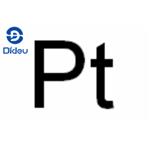
US $0.00-0.00/KG2025-11-25
- CAS:
- 7440-06-4
- Min. Order:
- 1KG
- Purity:
- 98
- Supply Ability:
- 10000KGS

US $2.00-5.00/kg2025-07-24
- CAS:
- 7440-06-4
- Min. Order:
- 1kg
- Purity:
- 99%
- Supply Ability:
- 100kg

